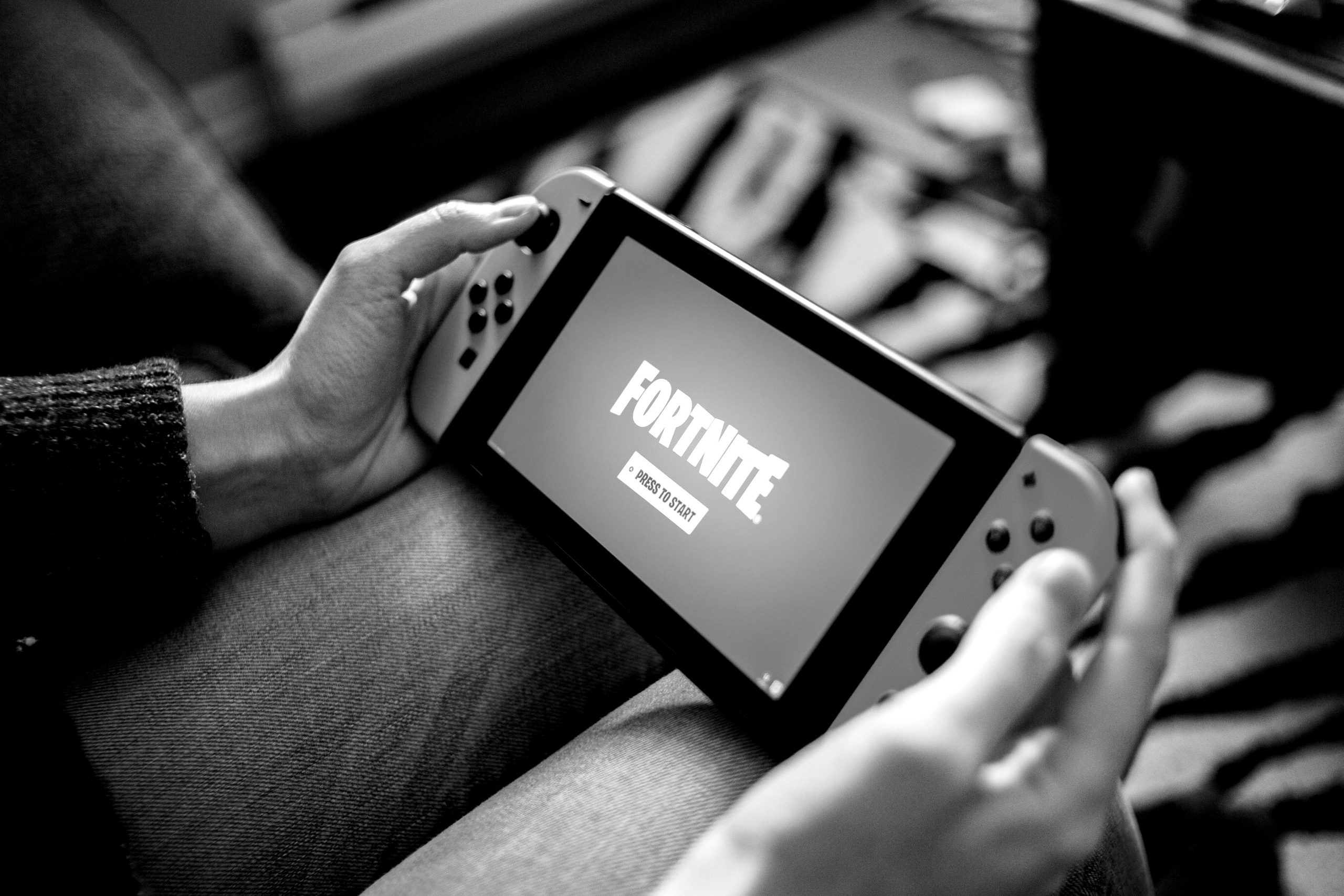August 5, 2024
On December 11, 2023, after less than four hours of deliberation, the jury in Epic v. Google delivered a unanimous verdict on all counts that Google unlawfully maintained a monopoly over the Google Play Store and Google Play Billing. The ruling comes more than three years after Epic first filed separate antitrust lawsuits against Apple and Google. Epic’s case against Google was later consolidated with four similar lawsuits brought by 39 attorneys general, a class of consumer plaintiffs, a class of developer plaintiffs, and Match Group (a portfolio of popular dating apps).
Case History
Epic, the creator of the popular game “Fortnite,” decided to implement its own in-app payment system in 2020 to evade a 30% commission charged by Google Play Billing and Apple Pay. When Google subsequently banned Fortnite from the Google Play Store for violating its policies, Epic brought claims against Google under Sherman Act §§ 1 and 2 and under California state law alleging Google maintained an unlawful monopoly, unreasonably restrained trade, and engaged in an unlawful tying arrangement between the Google Play Store and Google Play Billing. Epic challenged Google’s contracts with app developers to: (1) restrict app distribution to Google’s Play Store, (2) require in-app purchases to utilize Google’s payment processor, and (3) limit the ability of app developers to communicate the availability of other payment options to Android users.
Foreclosure and Harm
In its opening statements, Epic told the jury that Google has “harmed consumers who have less choice and pay more [and] it has harmed app developers like Epic.” Epic argued that this conduct resulted in higher prices, lower quality, and less choice while permitting Google to make billions in profit, including 30% of all revenue from app downloads. For example, testimony at trial included lower-cost in-app payment processing solutions that could be offered to Android developers in addition to Google Play Billing “but for” its Play Store policies. As a result, the jury found that Google’s conduct caused substantial harm to competition. Specifically, the jury found that Google’s agreements with developers and OEMs that sell mobile devices constituted an unreasonable restraint of trade in violation of Sherman Act § 1.
Procompetitive Benefits
The jury was instructed to “balance any competitive harms . . . against any competitive benefits.” Google argued that its Google Play Store policies have several procompetitive benefits, including added security for Android devices when apps are downloaded from the Play Store, and the ability for developers and consumers to access Google Play Store and Google Play Billing for free. Epic, by contrast, argued that any procompetitive benefits were outweighed by the substantial harm to competition of “systematically, deliberately, and unlawfully preventing all competition against the Google Play Store.” The jury, after the instruction, found the harm outweighed any procompetitive benefits.
Document Spoliation
The trial also highlighted the importance of adequate document retention policies at the outset of litigation. At issue was the absence of Google employees’ “Chat” messages, which served as the company’s default instant-messaging platform.
Google’s standard, pre-litigation retention policy was that one-on-one chat messages were deleted after 24 hours unless the employee activated a “history on” setting, which extended retention for 30 days. After the lawsuit was filed, Google preserved one-on-one Chat messages where history had previously been turned on by the user. But for all other one-on-one communications, Google left it up to recipients of the legal hold to decide whether their Chats would be preserved. Google did instruct hold recipients that history should be turned on for any conversations related to the case. But as the Court explained, “Google left employees largely on their own to determine what Chat communications might be relevant to the many critical legal and factual issues in this complex antitrust litigation.”
Epic eventually moved for sanctions. The Court granted the motion and found that Google’s failure to preserve Chat messages was an intentional subversion of the discovery process. The Court made clear that pre-litigation, Google was free to set a retention period of its choosing for Chat. But after the lawsuit was filed, Google was required to comply with its preservation obligations and “fell strikingly short.”
At trial, the Court reiterated its concerns about Google’s conduct, stating that it was “deeply troubling” and constituted a “frontal assault on the administration of justice.” This finding was reflected in the jury instructions issued at trial, that there was “evidence that Google Chat communications were deleted with the intent to prevent their use in litigation,” and based on this, the jury was permitted to infer that the deleted Chat messages would have been unfavorable to Google.
Conclusion
The jury found that Google unlawfully monopolized both the Android app distribution market and the market for Android in-app billing services for digital goods and services. To make this finding, the jury was required to define the relevant antitrust markets and find that Google possessed monopoly power in those markets, that Google willfully acquired and maintained its monopoly power in the relevant markets by engaging in anticompetitive conduct, and that Epic was injured because of Google’s conduct. The jury answered “yes” to each element.
The full article in its original form can be found here.
Forrest Lovett (LAW ’19) is an associate in Dechert’s antitrust and competition group where he focuses his practice on antitrust litigation, commercial litigation, and government investigations.
